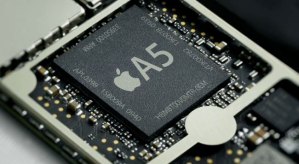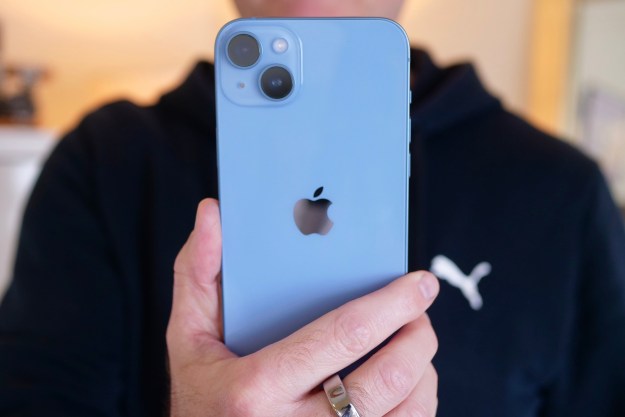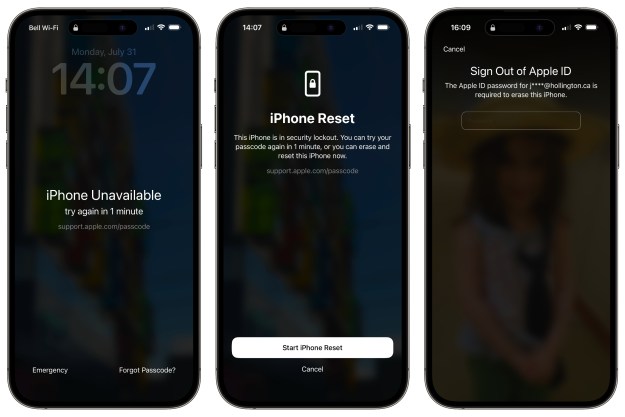
According to reports in Reuters and elsewhere, Apple is testing manufacture of future iPhone and iPad processors with Taiwan Semiconductor Manufacturing Company (TSMC), a move that could make the Cupertino company less dependent on South Korea’s Samsung Electronics. Samsung has been the exclusive supplier of the Apple-designed, ARM-based A4 and A5 chips used in iPhone and iPad devices to date. According to Reuters, Apple is looking to source future processors from TSMC—Apple is believed to be working towards a quad-core extension of the existing dual-core A5 processor, aimed at future Apple products that could hit the market in 2012. It may—or may not—wind up being called the A6. Apple may also be pursuing a smaller (and more power-efficient) version of its existing dual-core A5 processor.
Although Samsung has been making Apple’s processor chips, TSMC is actually the largest contract chip manufacturer on the planet, and almost certainly has the capacity to meet Apple’s needs if the tests succeed and Apple contracts with the company for high-volume production. TSMC also has expertise with manufacturing ARM-based chips.
Apple and Samsung are currently engaged in an increasingly hostile patent dispute over their mobile product lines, with Apple accusing Samsung of blatantly copying Apple’s iPhone and iPad designs with its Galaxy S and Galaxy Tab smartphone and tablets—the companies have countersued each other and filed complaints seeking to bar imports of the other’s products. That said, Apple and Samsung are also strong business partners, with Apple being one of Samsung’s biggest customers for flash memory and other components critical to its products.
Some industry watchers have speculated that Apple might also seek to partner with Intel on future mobile chip designs—Intel indicated recently that Apple has significant input into Intel processor plans—but Intel would undoubtedly like to see Apple convert over to Intel’s line of Atom-based mobile processors, rather than keep going with ARM-based designs.
Editors' Recommendations
- Here’s how Apple could change your iPhone forever
- This one thing could make iOS 18 the best iPhone update in years
- When will Apple release iOS 18? Here’s what we know
- The 7 biggest features we expect to see in iOS 18
- This could be our first look at iOS 18’s huge redesign


